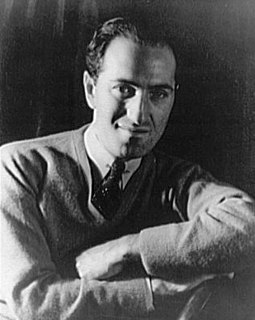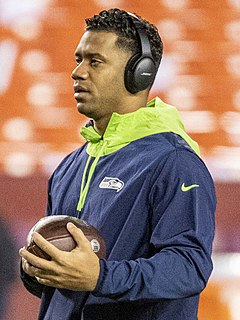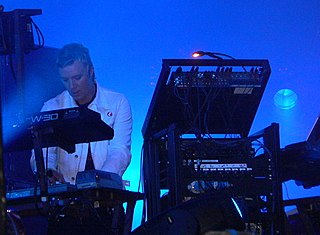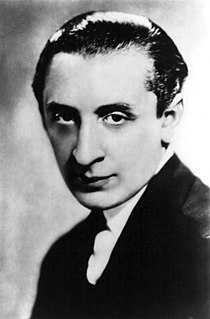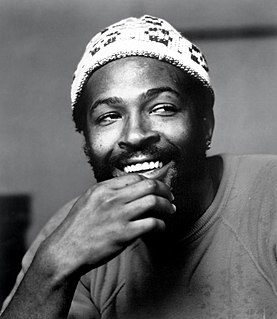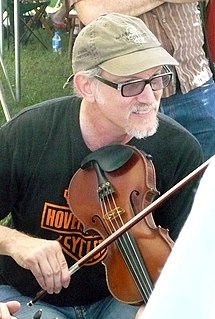A Quote by Michael Tilson Thomas
The real deep text of music and the whole reason that it has continued with the profundity and urgency that it has for over a thousand years, has to do with what the notes say, what the notes witness, different experiences of hope or doubt that people are able to distill and encode and pass on in this way.
Related Quotes
As the great Confucius said, "The one who would be in constant happiness must frequently change." Flow. But we keep looking back, don't we? We cling to things in the past and cling to things in the present...Do you want to enjoy a symphony? Don't hold on to a few bars of the music. Don't hold on to a couple of notes. Let them pass, let them flow. The whole enjoyment of a symphony lies in your readiness to allow the notes to pass.
I’ll write down little lines, I always say, 'K.T.N.,' and I say that to my receivers and running backs and that means 'keep taking notes.' That keeps me alert. That keeps me going. That keeps my drive there, even when you’re taking notes on something that you’ve already taken notes on a million times - keep taking notes.
People don't go to the record store anymore. It's crazy. The culture used to be so much stronger. People would go and support you, and go pick up the album. Not just for the music, but for the liner notes, for the artwork, just for the whole thing and to have it, and be able to say, 'I have this album.'
The way you hold the bow, the way that violinists are trained to produce a note, is really different. I'm not an expert in classical music. I don't want to say something that ends up in print and somebody comes running after me with a shovel, but they're taught for each note to stand alone in a very deliberate kind of way, which is really different than how notes are strung together in old-time music to create rhythm.


